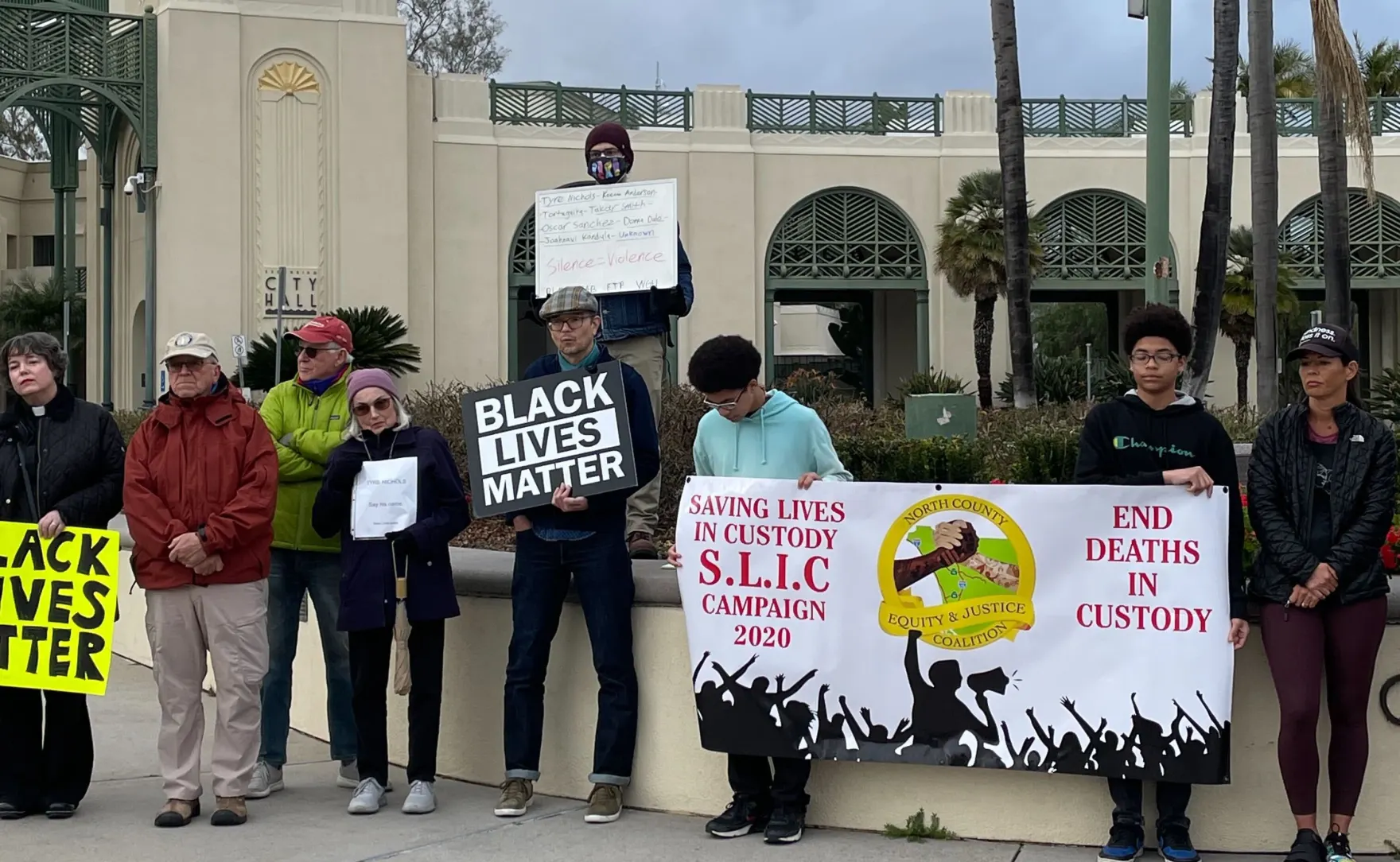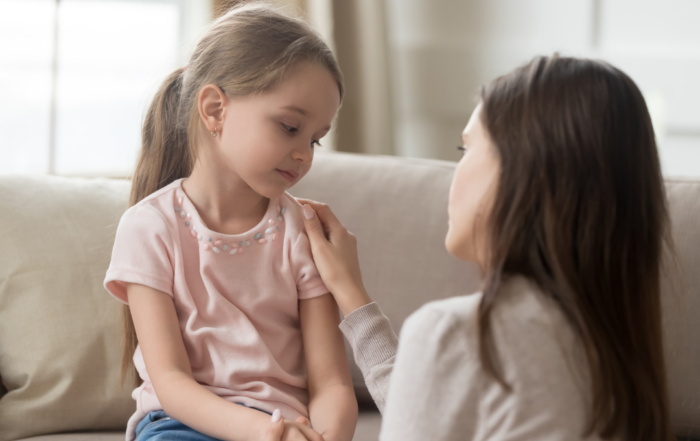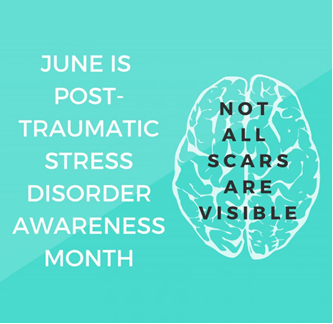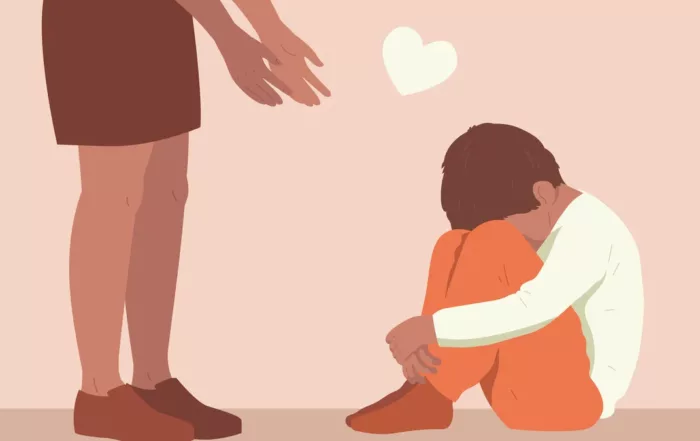
By Jade Hindmon, NPR
Many of us spent recent days thinking about the life of a man we never met. And yet, particularly for Black people, know very well. Tyre Nichols was our sons, brothers, fathers and husbands. Before releasing video of five Memphis police officers repeatedly beating and kicking him until he was unconscious and later died, Memphis Police Chief Cerelyn Davis said she expected us to, “Feel what the Nichols family feels.”
While that grief, anger, sadness and despair will never match that of a mother who lost her child, psychologists say all of us can experience vicarious trauma when we bear witness by watching what happened to Tyre Nichols and countless others like him.
Share This Post!
Post-Traumatic Growth
Psychology Today Post-Traumatic Growth is the positive psychological change that some individuals experience after a life crisis or traumatic event. Post-traumatic growth doesn’t deny deep distress, but rather posits that adversity can [...]
Talking to Children About War
Provided by the National Child Traumatic Stress Network The recent tragic events in Israel has impacted many directly who have experienced a personal loss or by witnessing this type of violence [...]
Key Ingredients for Successful Trauma-Informed Care Implementation
By Christopher Menschner and Alexandra Maul, Center for Health Care Strategies Because of the potentially long-lasting negative impact of trauma on physical and mental health, ways to address patients’ history of [...]
What is post-traumatic stress disorder (PTSD)?
By The National Institute of Mental Health Post-traumatic stress disorder (PTSD) is a disorder that develops in some people who have experienced a shocking, scary, or dangerous event. It is natural [...]
InBrief: Early Childhood Mental Health
Published by The Center on the Developing Child, Harvard University The science of child development shows that the foundation for sound mental health is built early in life, as early experiences—which [...]
At the Intersection of Autism and Trauma
By Lauren Gravitz Having autism can sometimes mean enduring a litany of traumatic events, starting from a young age. “We know that about 70 percent of kids with autism will have [...]







